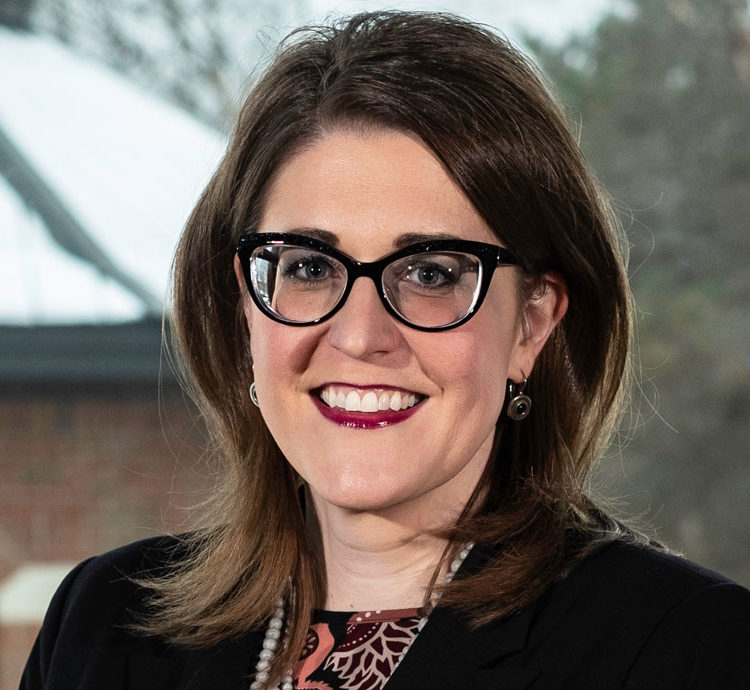Internships provide a significant time of learning, growth and reflection for Cornerstone University students. Whether you pursue an internship for academic credit or simply to gain additional experience, practicing and learning new skills outside the classroom significantly increases your ability to compete for entry-level positions following graduation.
During a recent classroom panel discussion, Darius Pimpleton, human resources staffing coordinator with Our Daily Bread Ministries, and Krista Pischner Coon with Artists Creating Together shed light on how to prepare for an interview, what to say (or not say!) during an interview and even how to manage your reputation through social media.
Here are five things you may not know about interviewing and recruiting as part of landing an internship or job.
1. READ THE JOB DESCRIPTION
A job description is a document outlining the roles and responsibilities of a position. A lot of time goes into creating job descriptions to ensure candidates understand the role and to help human resources staff members and hiring managers hire the best talent. Don’t forget to read the entire job description as it will become clear if you skimped on your research.
“Many of our positions will include a call to action at the bottom of a job description such as including a link to an online portfolio on a resume or cover letter,” Pimpleton said. “If someone doesn’t include the link, it’s obvious they didn’t read the description and weren’t thorough in preparing. Chances are that would translate to the workplace.”
2. BE AUTHENTIC
Part of the interview process includes determining if the organization or team is your “fit.”
What does it mean to fit with an organization? Consider how your actions, philosophies and beliefs align with the mission, vision and values of an organization. Being genuine while conversing during an interview helps the team understand who you are at your core.
Taking the concept of fit to the next level, it’s important to consider the current team dynamics and current team composition. At Cornerstone, you’ll learn about StrengthsFinder and be encouraged to pursue opportunities based on your strengths. A strong fit could likely emerge if you possess a strength not represented on the team.
Don’t forget the simple power of a good handshake and a smile. Both can go a long way in developing rapport during an interview. Both Pimpleton and Pischer Coon noted even though it seems obvious, not every candidate provides a personable experience during the interview.
3. SHARE YOUR EXPERIENCES
Some students struggle with talking about themselves and their experiences, but it must be overcome to be successful in the professional world.
“You have to change your way of thinking,” Pimpleton added. “The purpose of an interview is for us to get to know you and the only way we can do that is if you talk about your experiences. Anytime you meet someone for the first time, they want to get to know you beyond the resume and cover letter. Hearing about your experiences helps us get to know you.”
4. SOCIAL MEDIA MATTERS
Every facet of a student’s life is often available online. While it is natural for students from the iGeneration to share photos of themselves driving down the road to Chick-fil-A and taking a poll about what to eat for breakfast, such insight could be detrimental to the selection process.
“We absolutely look at social media when reviewing candidates for internships,” Pischner Coon said. “There’s only one chance to make a first impression, and it often comes through in the form of social media.”
Depending on your field of study and expertise, students can consider a separate Instagram or other social media property account to share their work. If you’re a digital media major, why not create an Instagram account to share your photography experience and put a link to the account on your resume or LinkedIn profile?
5. ASK QUESTIONS
An interview is a two-way street. Internship candidates should be prepared to ask at least one question during the interview process. A commonly asked question is, “What does a typical day look like?” The question gives you the opportunity to gain additional insight into the roles and responsibilities beyond the job description.
Interested in learning more about opportunities with Our Daily Bread Ministries or Artists Creating Together? Visit cornerstone.joinhandshake.com or the individual organization websites to learn more.







